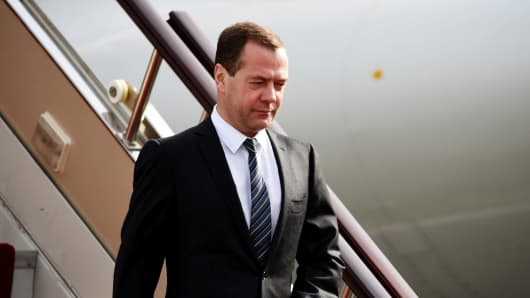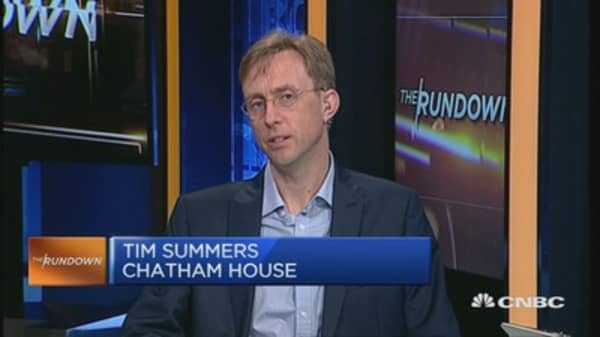This is to show that, contrary to the political folklore, Russians have not been chased back to Asia by Western sanctions over the Ukrainian civil war; their strengthening ties with Asia are simply meant to reinforce a strategically and geographically more balanced policy enunciated at the beginning of this century, well before China and the rest of Asia became a fashionable must-do political, economic and military pivot.
Working on a guanxi
As the 40-year negotiations on territorial issues along their 2,700-mile border were drawing to a close, Moscow and Beijing decided to establish an economic and security framework for their closer ties by setting up the SCO in 2001, with a number of smaller Central Asian countries.
The SCO members (China, Russia, Kazakhstan, Kyrgyzstan, Tajikistan and Uzbekistan) just finished their annual summit meeting in the central China's Zhengzhou City, where trade, investment, finance, transportation and cultural exchanges were discussed. And, in a sign of times, acute problems of terrorism were at the top of the agenda.
The conferees noted progress in accession talks with India and Pakistan, and the Iranian membership application, dating back to 2008, was also under active consideration.
The SCO forum offers an Asian multilateral platform for China and Russia to reinforce their strategic ties at the time when their economies are undergoing fundamental structural changes.
These changes are partly reflected in their current bilateral trade flows. So far this year, the Sino-Russian trade and investment transactions are down by about 30 percent and 20 percent, respectively, from the same period of 2014. Russians are attributing these declining nominal trade values to the crashing energy prices, while noting that their exports to China now have rising shares of farm products, as well as products of metals, chemical and textile industries.
Russians are apparently promoting their higher value-added products in China, where sophisticated arms sales loom large. The governor of Khabarovsk was recently quoted as saying that there is so much "China business to keep Sukhoi warplanes manufacturer working overtime for the next ten years."







